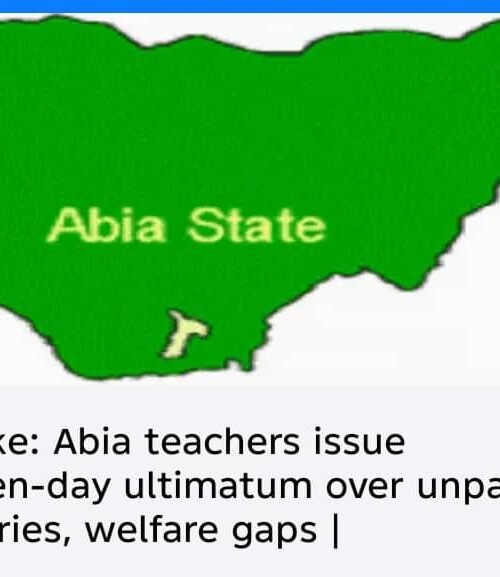Global Partnerships for Local Impact: UNDP’s Work in Abia State
Abia State’s economy presents a complex picture, with both challenges and opportunities for growth. One of the most pressing issues facing the state is unemployment, which stood at nearly 19% as of 2023, the highest rate in Nigeria. This statistic underscores the need for targeted interventions to create jobs and stimulate economic activity. According to the National Bureau of Statistics (NBS), the unemployment rate in Abia State has been consistently higher than the national average, highlighting the need for state-specific solutions.
Despite the challenges posed by unemployment, Abia State has a diverse range of agricultural resources, including arable land, water supplies, and a variety of crops. Key agricultural products in the state include cassava, yam, maize, rice, and palm oil. According to the Abia State Ministry of Agriculture, the state has over 1.2 million hectares of arable land, with a potential for increased agricultural production. However, the sector faces challenges such as inadequate infrastructure, limited access to credit, and post-harvest losses.
Food security is another critical issue in Abia State, with a study finding that about 36.7% of sampled farmers in the state were food secure. This means that nearly two-thirds of farmers in the state face food insecurity, highlighting the need for targeted interventions to improve agricultural productivity and reduce post-harvest losses. The study recommended that the government provide storage facilities to reduce waste of excess produce, which could help improve food security and increase farmers’ incomes.
To address the challenges facing Abia State’s economy, the government has launched several initiatives aimed at promoting economic growth and development. For example, the Abia State Government has established the Abia State Investment Promotion Agency, which is responsible for promoting investment in the state and providing support to businesses. Additionally, the government has launched several programs aimed at supporting small and medium-sized enterprises (SMEs), which are critical to the state’s economic growth.
Overall, Abia State’s economy presents both challenges and opportunities for growth. While the state faces significant challenges such as unemployment and food insecurity, it also has a diverse range of agricultural resources and a growing SME sector. With targeted interventions and support from the government, Abia State has the potential to achieve significant economic growth and development, improving the lives of its citizens and contributing to Nigeria’s overall economic prosperity.

Dr Chukwuemeka Ifegwu Eke writes from the University of Abuja Nigeria







